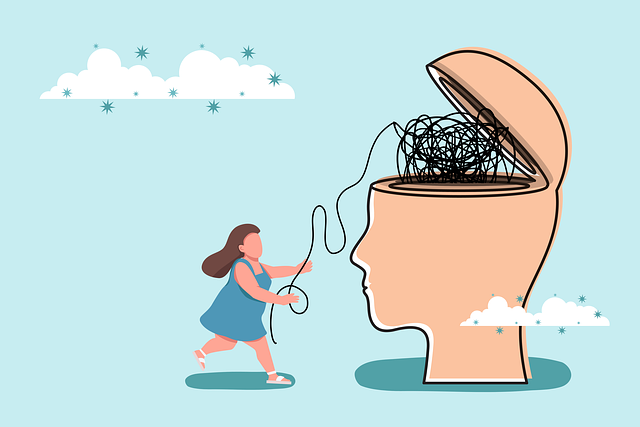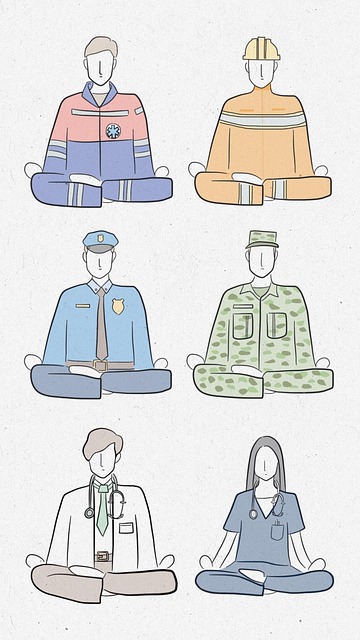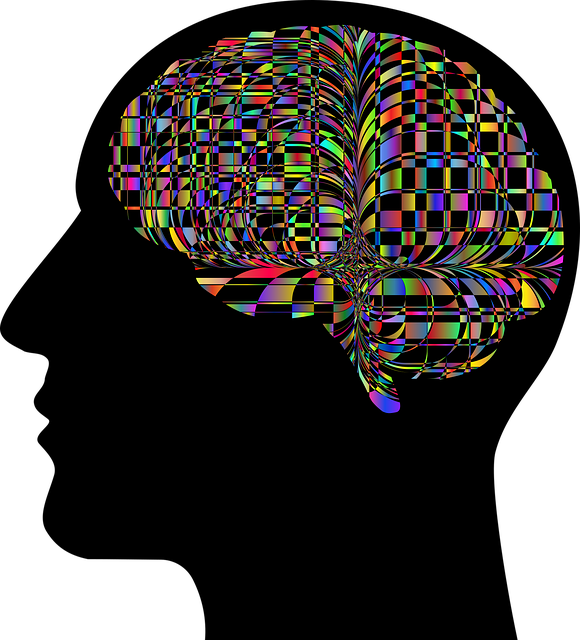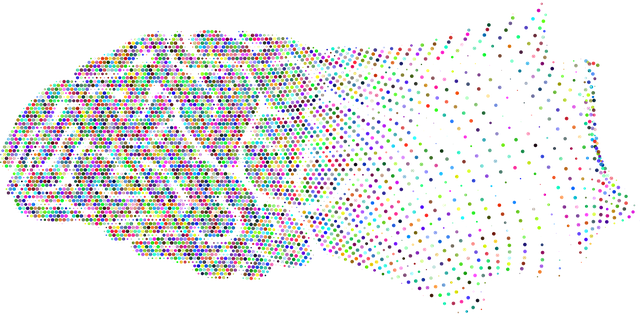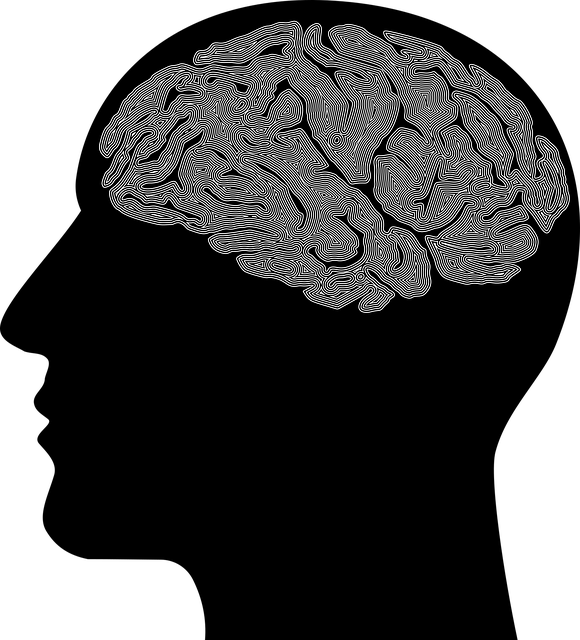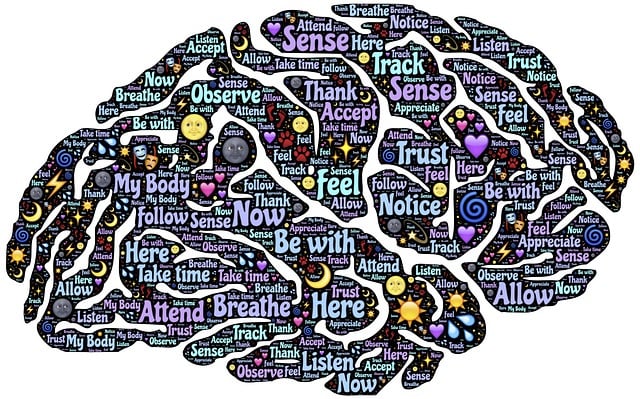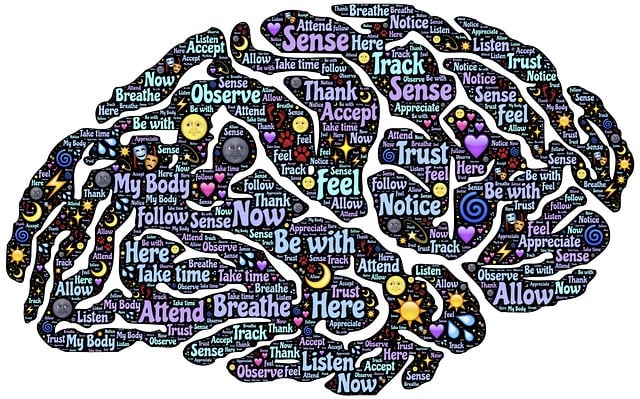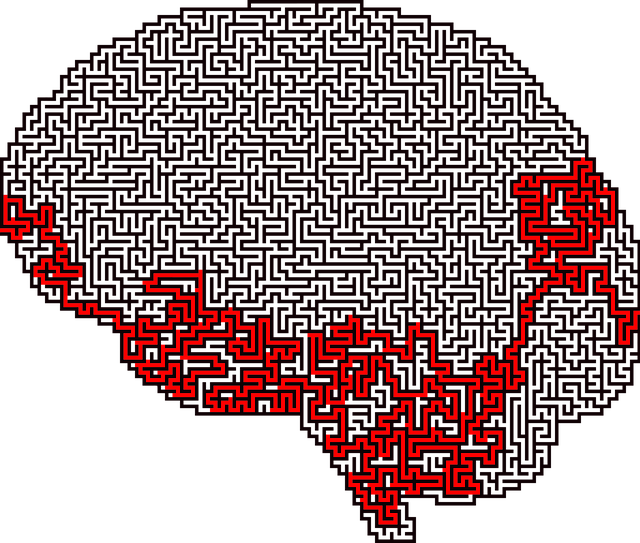In today's diverse healthcare landscape, cultural competency is essential for providers in Longmont Independent Medical Evaluations Therapy (IMET) to offer sensitive, tailored care. By understanding and respecting different cultural beliefs, therapists can adapt their approaches, improve self-esteem, and enhance mental wellness through journaling. Cultural competency training reduces biases and improves patient outcomes, focusing on risk assessment, self-care, and engagement with local communities for relevant, effective services in Longmont's therapeutic settings.
In today’s diverse healthcare landscape, cultural competency training is no longer an option but an essential tool for modern medical practice. This article explores the profound impact of such training on healthcare providers, focusing on Longmont’s unique community. We delve into strategies for effective programs, emphasizing the integration of cultural sensitivity in independent medical evaluations and therapy sessions. By understanding and addressing biases, these initiatives significantly improve patient outcomes, fostering a more inclusive healthcare environment tailored to diverse needs.
- Understanding Cultural Competency in Healthcare: A Necessity in Modern Practice
- The Impact of Training on Provider Bias and Patient Outcomes
- Designing Effective Training Programs for Longmont's Diverse Community
- Integrating Cultural Sensitivity into Independent Medical Evaluations and Therapy Sessions
Understanding Cultural Competency in Healthcare: A Necessity in Modern Practice

In today’s diverse healthcare landscape, cultural competency is no longer a nice-to-have but an absolute necessity. As communities become increasingly multicultural, healthcare providers must be equipped to offer sensitive and effective care to patients from various backgrounds. Cultural competency involves understanding and respecting different cultural beliefs, values, and practices, ensuring that services are accessible and tailored to individual needs. This is especially relevant for specialized areas like Longmont Independent Medical Evaluations Therapy, where the well-being of patients often hinges on building trust and providing support in a culturally sensitive manner.
For healthcare professionals, this means going beyond basic cultural awareness. It involves actively listening to patients, being open to learning from them, and adapting therapeutic approaches accordingly. This is crucial not just for effective treatment but also for fostering self-esteem improvement and mental wellness journaling exercise guidance. Moreover, addressing cultural barriers can enhance the delivery of trauma support services, ensuring that individuals receive holistic care tailored to their unique experiences and backgrounds.
The Impact of Training on Provider Bias and Patient Outcomes

Cultural competency training plays a pivotal role in mitigating provider bias and improving patient outcomes. By equipping healthcare professionals with the knowledge and skills to understand and appreciate diverse cultural backgrounds, these programs foster an environment where every patient receives respectful, equitable care. Studies have shown that such training can significantly reduce implicit biases that often influence decision-making processes, leading to more accurate diagnoses and effective treatment plans.
For mental health professionals conducting independent medical evaluations in Longmont, this training is especially pertinent. Incorporating practices like risk assessment for mental health professionals, mental wellness journaling exercise guidance, and self-care practices into their routine not only enhances their cultural sensitivity but also improves their overall well-being. This, in turn, enables them to better serve a diverse range of patients, ensuring positive patient outcomes across various therapeutic settings.
Designing Effective Training Programs for Longmont's Diverse Community

In designing effective training programs for Longmont’s diverse community, healthcare providers must consider the unique cultural needs and backgrounds of the region’s residents. Longmont, with its growing multicultural population, requires tailored education that promotes cultural sensitivity in mental healthcare practice. The focus should be on enhancing understanding and communication between healthcare professionals and patients from various ethnic, racial, and socioeconomic groups. By incorporating mental wellness podcast series production techniques and compassion cultivation practices into training, participants can develop culturally responsive skills.
These programs must go beyond basic cultural awareness to include hands-on activities, case studies, and role-playing scenarios that mimic real-life interactions in healthcare settings. Engaging with local communities, including diverse patient populations and community leaders, ensures the training remains relevant and impactful. Incorporating indigenous healing practices and traditional knowledge can also foster a deeper understanding of mental wellness across different cultural contexts, ultimately leading to more effective Longmont independent medical evaluations therapy.
Integrating Cultural Sensitivity into Independent Medical Evaluations and Therapy Sessions

Integrating cultural sensitivity into independent medical evaluations and therapy sessions is a vital aspect of providing comprehensive care in diverse communities. In Longmont, where cultural diversity thrives, healthcare providers must be equipped to navigate unique patient backgrounds and perspectives. This involves not only understanding but also respecting different cultural norms, values, and beliefs that may influence healthcare-seeking behaviors and expectations. By incorporating cultural sensitivity, evaluators and therapists can create a safe, inclusive environment fostering open communication and trust.
In therapy sessions, this might translate into incorporating self-awareness exercises to help patients explore their cultural identities and how they shape their experiences. Encouraging dialogue about personal values and goals, especially when coupled with mind over matter principles, can lead to significant improvements in self-esteem and overall well-being. These approaches ensure that treatments are tailored to meet the specific needs of each individual, regardless of their cultural background, ultimately enhancing the effectiveness of Longmont independent medical evaluations and therapy sessions.
Cultural competency training is no longer a choice but an indispensable aspect of modern healthcare. As discussed, comprehensive education can significantly reduce provider bias, improve patient satisfaction, and enhance outcomes, especially in diverse communities like Longmont. By integrating cultural sensitivity into practices such as independent medical evaluations and therapy sessions, healthcare providers can foster inclusive care that respects and values every patient’s unique background. This approach ensures equitable access to quality healthcare for all individuals, ultimately strengthening the bond between providers and patients in the Longmont community.

